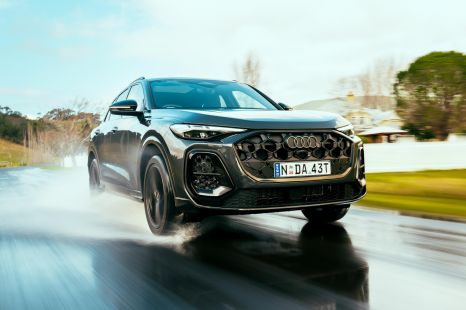

James Wong
2026 Audi SQ5 review: Quick drive
6 Days Ago
So you've found a buyer for your car, and now you need to get the money from them. What's the best way to do this?

Contributor
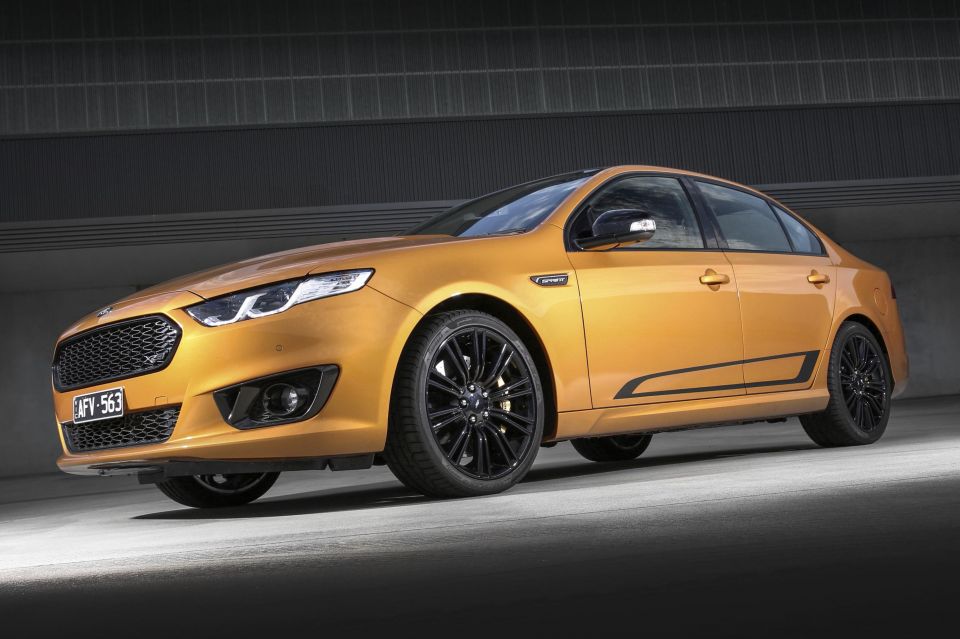

Contributor
There are few times in our lives where we will we put so much trust in a total stranger than when selling a car.
You’ve written a great ad, taken some amazing photos, and someone has come to look at the car – and agreed to buy. It’s a great feeling, especially if you’re getting an amazing price. The Milky Bars are well and truly on you.
But how should you accept payment – especially when we’re taking potentially tens of thousands of dollars?
In this article, we’ll explore the four safest and most secure methods for accepting payment for a vehicle from a buyer – and a few tips on what not to do.
If you want to sell your car, click hereand receive a price quickly.
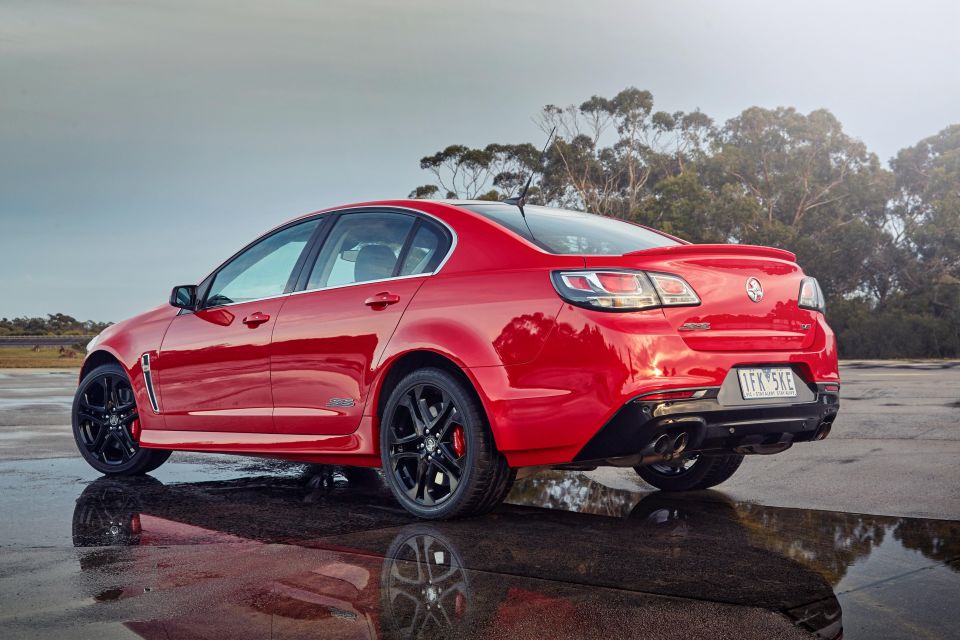
It’s good buying and selling practice to keep written and signed evidence at every step along the way, especially when any sum of money has been exchanged. Once you’ve struck a deal with a buyer, put the agreement in writing. This helps protect you, and could be as simple as this:
Once you’ve got the commitment, you can agree with the buyer on the best way to receive the funds.
Here are the best four options for receiving payment when selling your used car:
The buyer transfers the agreed amount to your account, and then picks up the car once you’ve seen the funds clear into your account.
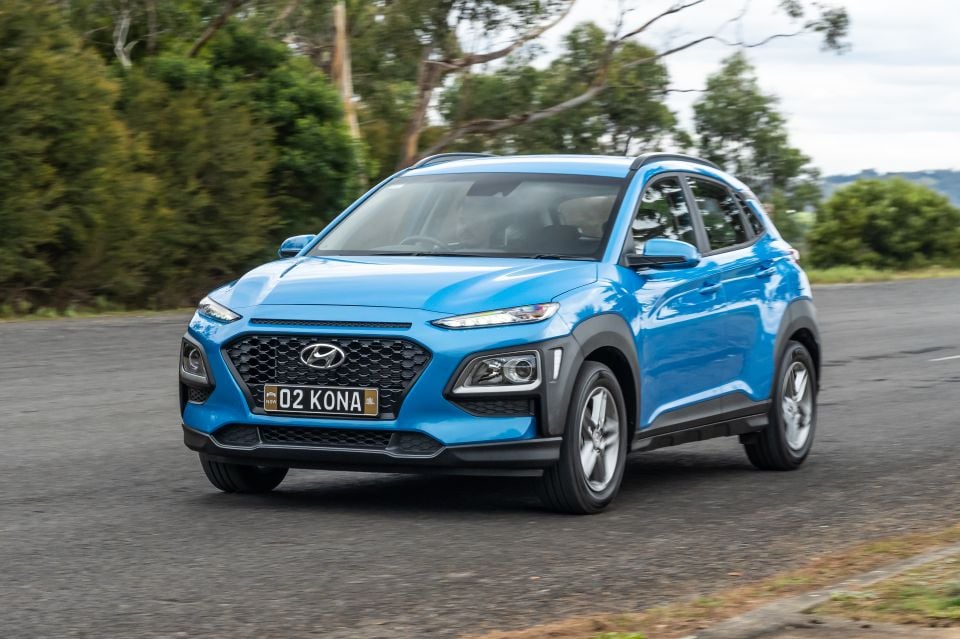
This takes some trust on the buyer’s part, and they might prefer something else like a bank cheque (below). But if you proceed with a bank transfer, you should never hand over a car before funds have cleared – a common scam is the buyer transfers to you, shows you their phone with their banking app and details of the completed transfer, only to cancel the transfer later before the funds have cleared. When they have your car.
This only works if you and the buyer use the same bank. Meet at a branch and ask the teller to transfer the funds from their accounts to yours, instantly. Done, and with the added safety of a public environment and CCTV cameras.
If you and the buyer have different banks, you could even consider opening an account with the same bank as them to enable this excellent, safe and foolproof option.
Often it’s quick to open an account with a new bank, easily done online, and free. And just as easy to close the account afterwards.
It doesn’t get more instant or clear-cut than cash, however it starts to get somewhat impractical for bigger purchases.
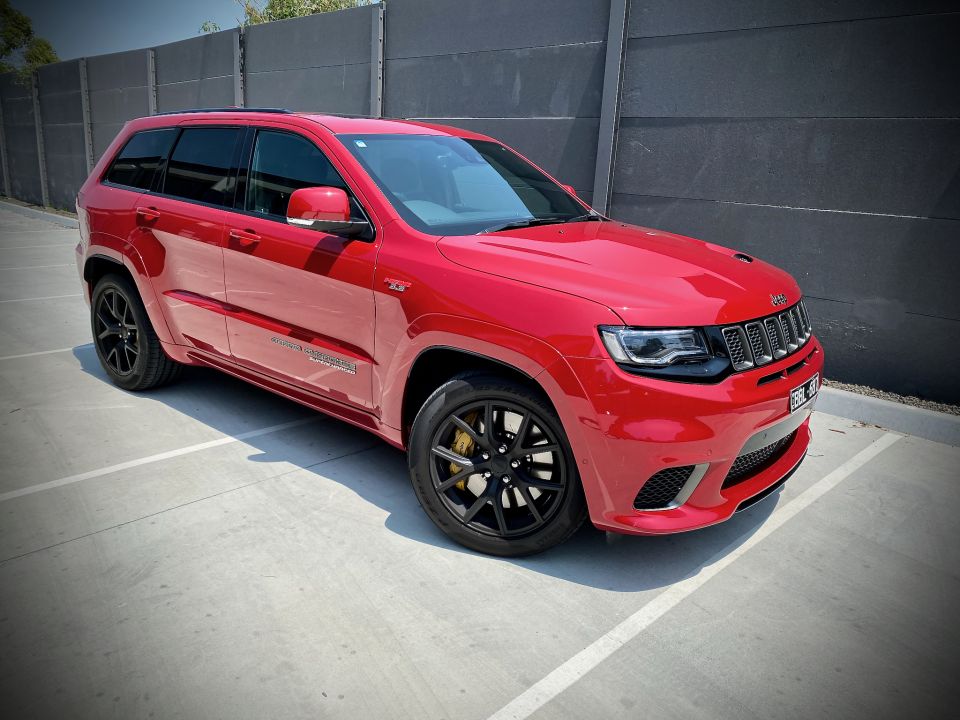
Large sums of cash mean that both you and the buyer will end up going to a bank (them to withdraw, you to deposit later), so you may as well go with them and do the direct transfer as mentioned above – or consider a bank cheque (below).
Doing so also saves the dodgy counting of large sums of cash in a car park somewhere; and then having a huge amount of cash on your person afterwards.
The seller asks the buyer to go to their bank and get a cheque drawn up for the required amount. Cheque and keys are exchanged and the deed is done.
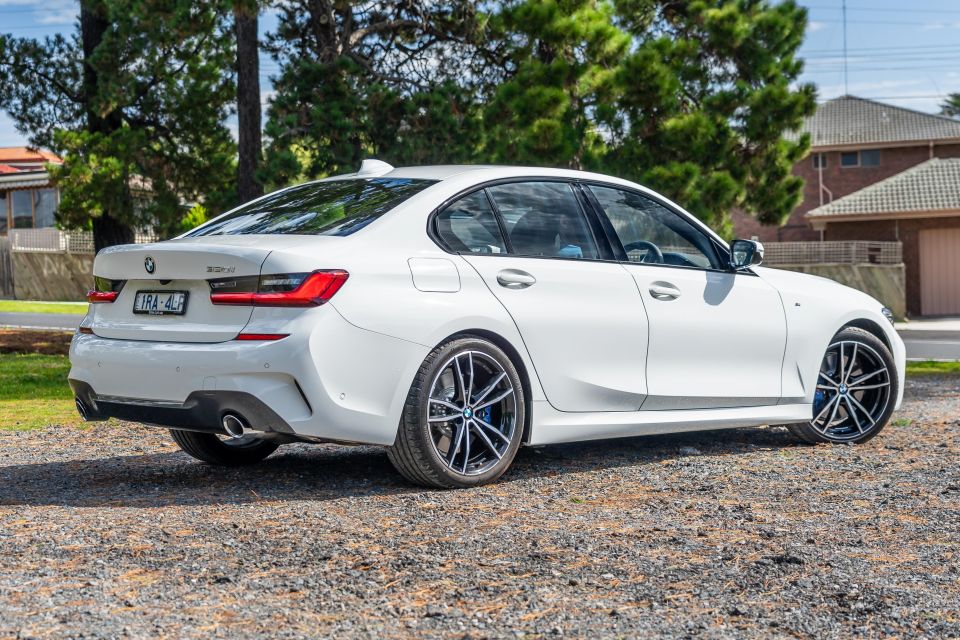
Note that bank cheques, while generally secure, can be cancelled – and it takes up to three days for a bank cheque to clear.
A bank cheque is different from a personal cheque, which can bounce. Don’t accept a personal cheque.
Here are six other things to keep in mind when selling a car


James Wong
6 Days Ago
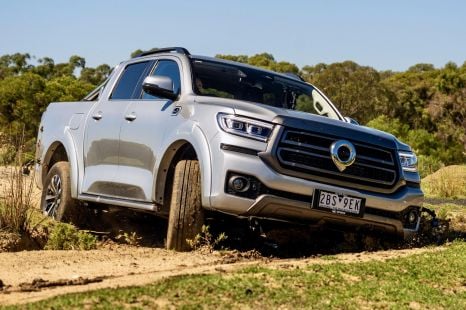

Max Davies
5 Days Ago
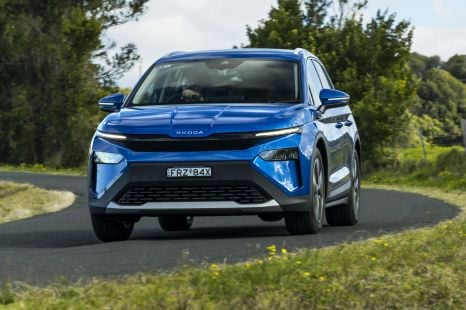

Josh Nevett
3 Days Ago
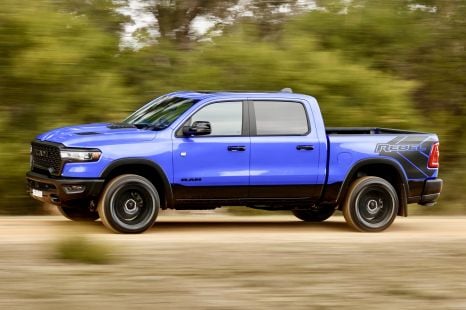

Max Davies
3 Days Ago
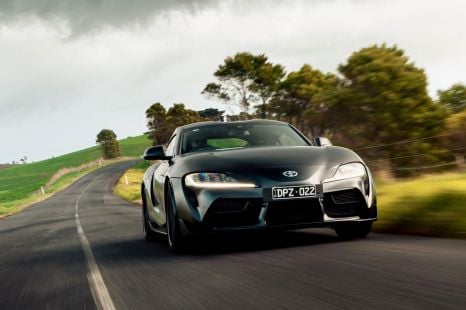

Max Davies
2 Days Ago


Derek Fung
1 Day Ago